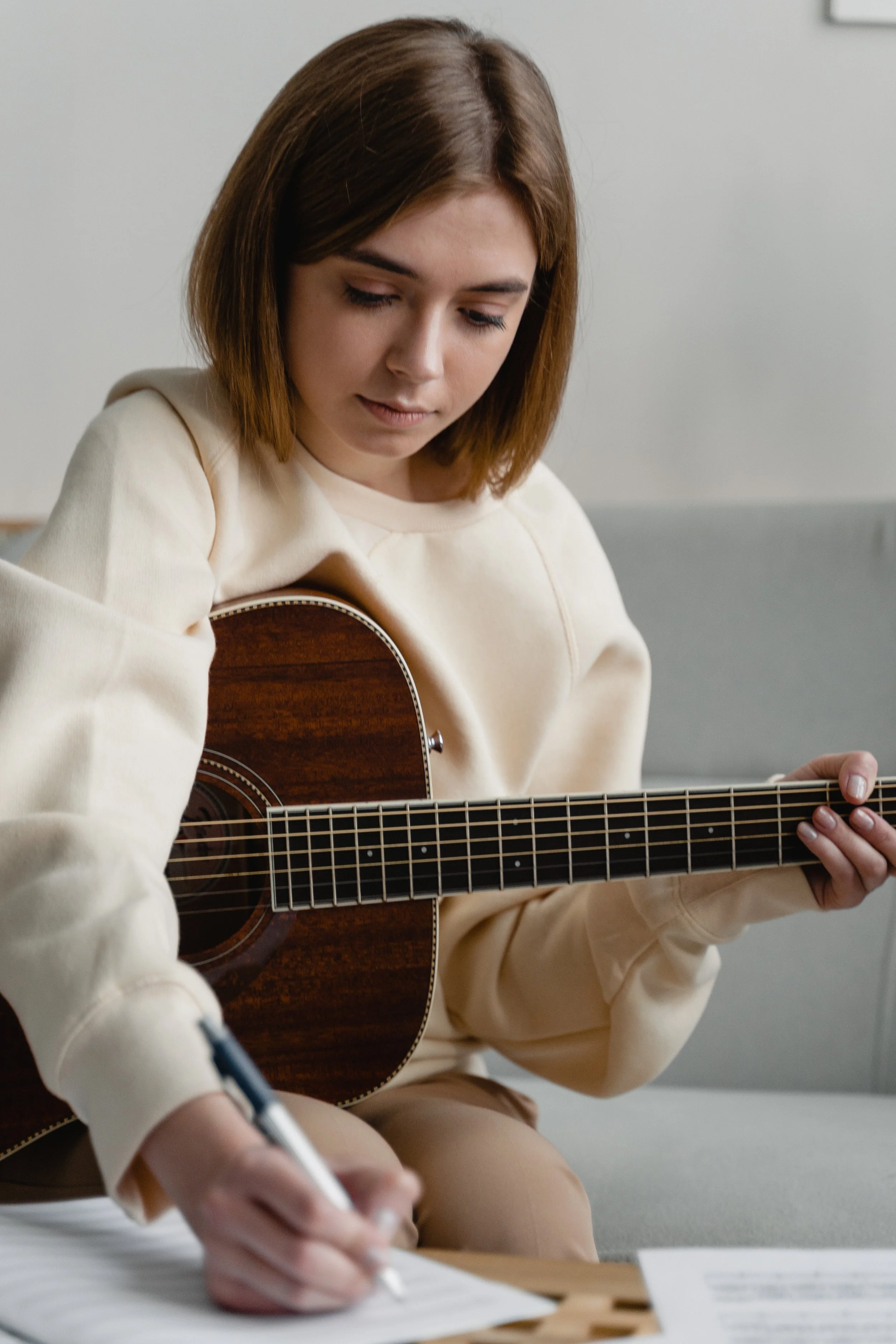Did you give away Play on Demand?
Composers and musicians are giving away the most valuable part of their music, Play on Demand (PoD).
Before electronic and mechanical recording techniques were invented, Play on Demand was done by hiring a musician. Written music was the medium for duplication. In the late 1800’s methods of recording sound by scratching sound tracks into wax cylinders, and later into discs, provided PoD technology to the masses. Musicians and composers benefitted economically from each copy sold. Since duplications were difficult to create, counting sales was relatively straight forward. Play on Demand was accomplished by loading a recording onto a playback mechanism.
In the late 1960’s this changed with the advent of personal tape recording systems, which allowed the general public to duplicate music on demand, and thus, PoD with no compensation to the content creators. While controversial, premier audio quality was still had by purchasing a disc and recording its contents onto the personal tape, so the PoD economic model of selling a physical recording, was still protected. Duplication from an original disc, by the public, was typically used to make music, available for a mobile tape player and so was limited by technology. This remained common until compact discs improved the quality of mobile music reproduction and replaced personal tape recorders, reestablishing the original PoD economic model for a short time.
Although music could be recorded from radio, transferring it from play list to PoD, the quality was not as good as recording from a purchased audio source. But, by the turn of the 20th century, Internet connectivity, computer memory and fast computer processors reached a price point where music could be stored digitally and distributed with extremely low cost. The model of delivering a physical recording for PoD was lost and so was that economic resource for musicians. Rather than being compensated for selling a physical copy of their music, they began to be paid through digital streaming tallies, which could be compared to compensation for radio play, but for one important fact, when streaming, the public isn’t listening to a play list, over which they have no control, they Play on Demand.
Musicians and composers, unwittingly gave away their most valuable asset, PoD in the move from a physical product to streaming. Can that be remedied? The Fair Trade Music Distribution Group says, “Yes!” because PoD ownership can still be marketed to the public, without disrupting the current streaming economic ecosystem. Read about our NFT based technology that uses real, rather than speculative value, to reward music content creators with economic compensation or Play on Demand, which will support independent artists as well as improve music diversity and quality for consumers.
—
Kirk Clendinning
Chief Technology Officer
